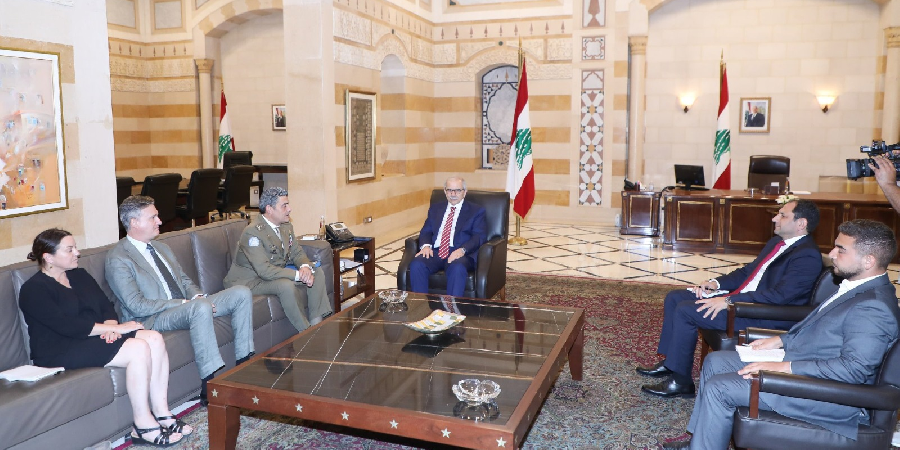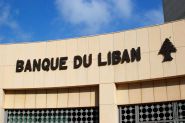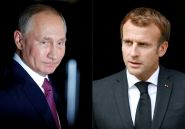Salam Reaffirms Support for UNIFIL and Calls for Mandate Extension
- 01/07/2025
- 5 comments
- 36
- 125


This is Beirut 01/07 18:30

This is Beirut 01/07 16:25

This is Beirut 01/07 16:25

This is Beirut 01/07 16:10

Johnny Kortbawi 01/07 12:50

This is Beirut 01/07 18:00

Rayan Chami 01/07 17:20

Mario Chartouni 01/07 17:00

This is Beirut 01/07 16:40

This is Beirut 01/07 15:35
This is Beirut 01/07 12:40
This is Beirut 30/06 17:31
This is Beirut 30/06 13:00
This is Beirut 29/06 13:20

This is Beirut 01/07 18:15

This is Beirut 01/07 11:00

This is Beirut 30/06 16:20

This is Beirut 30/06 12:15

Maurice Matta 28/06 15:00

This is Beirut 01/07 16:43

This is Beirut 01/07 11:00

This is Beirut 01/07 10:30

This is Beirut 01/07 10:30

This is Beirut 30/06 13:35

This is Beirut 01/07 12:50

This is Beirut 01/07 08:45

This is Beirut 30/06 17:10

This is Beirut 30/06 15:20

Makram Haddad 30/06 15:00

This is Beirut 29/06 09:55

Bélinda Ibrahim 26/06 12:00

Bélinda Ibrahim 25/06 18:00

This is Beirut 25/06 09:15

This is Beirut 20/06 13:05

par Ici Beyrouth, 05:15

par Ici Beyrouth, 01/07 22:18

par Ici Beyrouth, 01/07 20:40

par Ici Beyrouth, 01/07 18:55

par Ici Beyrouth, 01/07 18:05